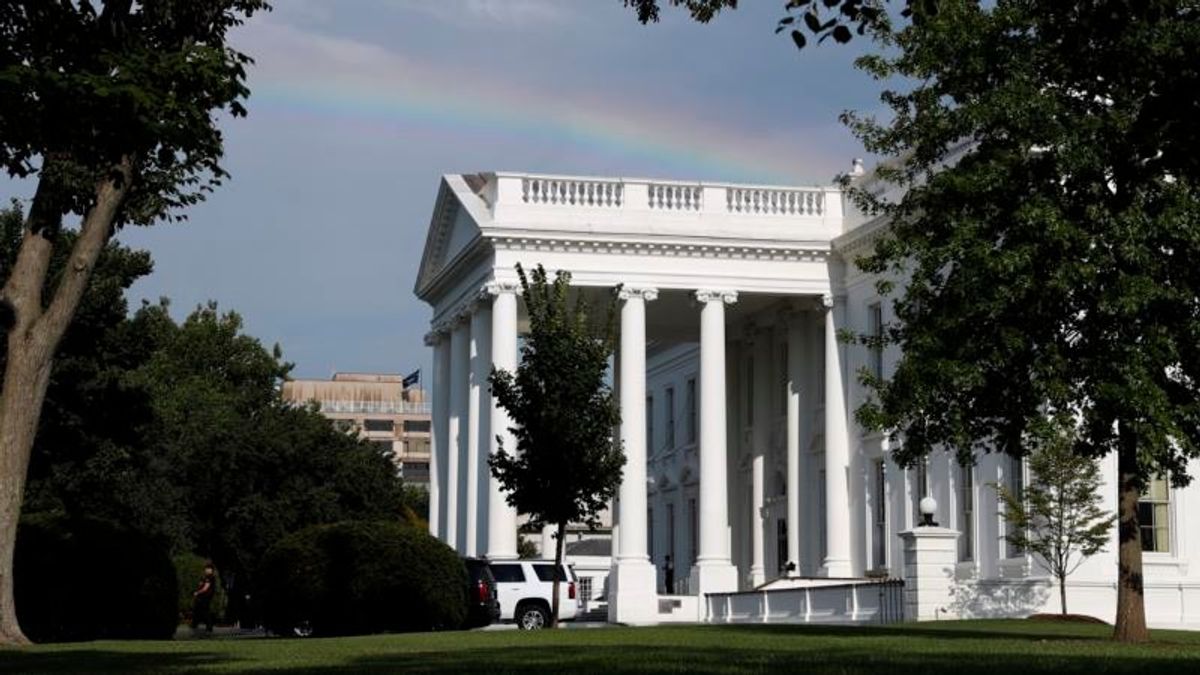
White House Tells 2 Ex-Aides to Defy Democrats’ Subpoenas
White House Tells 2 Ex-Aides to Defy Democrats' Subpoenas

WASHINGTON —
The White House on Tuesday directed two more former aides, including top presidential adviser Hope Hicks, to defy subpoenas from Democratic lawmakers investigating whether U.S. President Donald Trump obstructed justice by trying to thwart the probe of Russian meddling in the 2016 election.
House Judiciary Committee Chairman Jerry Nadler said Hicks and Annie Donaldson, the former chief of staff for ex-White House counsel Donald McGahn, were told to not comply with his panel's subpoenas for documents from their time working in the White House. Trump had earlier blocked McGahn's cooperation with the committee, where an impeachment inquiry would begin against Trump if Democrats decide to pursue it.
Hicks worked for the Trump Organization, the president's business empire, before he entered politics. She served as his campaign press secretary and later became White House communications director, before resigning in early 2018. She once testified to Congress that she told "white lies" on Trump's behalf.

Nadler said Hicks has turned over some documents from her time working on Trump's campaign. The Nadler committee is trying to arrange public testimony from Hicks, McGahn and Donaldson.
Trump has vowed to fight all Democratic subpoenas. The Democratic-controlled House of Representatives is voting next week on whether to hold McGahn and Attorney General William Barr in contempt of Congress for their defiance of Judiciary Committee subpoenas, with Nadler saying that he expects Hicks and Donaldson also will eventually be held in contempt.
Donaldson was a key witness for special counsel Robert Mueller's investigation into whether Trump obstructed justice. Mueller's team of lawyers relied on copious notes she took about McGahn's interactions with Trump, with McGahn telling investigators that Trump directed him to seek Mueller's dismissal. McGahn ignored the president's request, then later left his White House job last year to return to private legal practice in Washington.
Mueller outlined several instances of alleged obstruction by Trump in the 448-page report released in April, but said he could not bring any charges against the president because of Justice Department restrictions prohibiting filing of charges against a sitting president. Barr and then Deputy Attorney General Rod Rosenstein subsequently decided that no criminal charges were warranted against Trump.
Nadler protested the White House stance blocking cooperation from Hicks and Donaldson, saying, "The president has no lawful basis for preventing these witnesses from complying with our request."
 Congress Finally to Send $19B Disaster Aid Bill to TrumpNext PostTop House Republican Wants More Hearings on Russian Election Meddling
Congress Finally to Send $19B Disaster Aid Bill to TrumpNext PostTop House Republican Wants More Hearings on Russian Election Meddling







